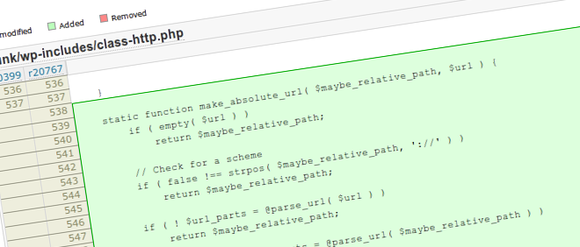WordPress trunk news #14
We’ve hit May 9th, the target release day of WordPress 3.4 two days ago, and quite expectedly WordPress 3.4 is still two steps behind release at beta 4 from last week. There are currently 19 active tickets that are awaiting resolution until release. Fear not, WordPress 3.4 RC1 will probably land this coming weekend, though. WordPress core development chat offers some great insights into what’s pending (“We went from 20 tickets…to 20. Go team. ?” rboren).
Addition to License
At the request of the Free Software Foundation, license.txt has been appended with an additional and very useful “How to Apply These Terms to Your New Programs” block, which contains instructions on how to correctly work with the GPL.
delete_with_user
This ticket has been dragged for over 16 months and is going to finally fixed. Previously, when a User was deleted all posts were removed, too. And seeing that Menu items (among others) are posts, too, these were immediately lost if created by the User that has been deleted.
The fix leverages a new ‘delete_with_user’ flag that is applied to post types. This new flag is an argument in the register_post_type() function.
split_the_query
A new filter called ‘split_the_query’ is now available in trunk. This is designed to control whether a long query for hierarchical post types would be split to first retrieve all post IDs or not. The issue that this aims to solve revolves around inefficient post list querying in Administration screens. See #20621, #15459
WP_Http::make_absolute_url
An issue where redirects were failing to be followed when accessed via the HTTP API methods, led to the introduction of a new method called make_absolute_url which feeds on a $maybe_relative_path and a $url arguments. It makes all kinds of intricate checks to find out whether a supplied Location header (which should always be absolute, by the way) is transformed into an absolute URL if required.
Other
In other news, cross-domain handling was added in Theme Customizer for environments where the administration panel and the front-end are of different origins, and the Theme Customizer got its very own loading indicator.
WordPress gets friendlier messages when any of the WordPress.org APIs fail. The plugins screen gets some new rating stars that look great.
